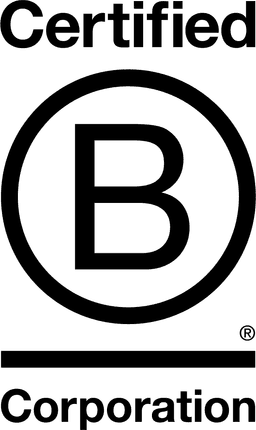

Sanpellegrino S.p.A.

September 2023
Beverages
Manufacturing
Argentina,
Australia,
Austria,
Belgium,
Canada,
China,
Egypt,
Finland,
France,
Greece,
Ireland,
Israel,
Italy,
Monaco,
Norway,
Poland,
Portugal,
Spain,
Sweden,
Switzerland,
Tunisia,
Turkey,
United Arab Emirates,
United Kingdom,
United States
Sanpellegrino Group, with 1,500 employees, is the leading company in the beverage sector in Italy, with natural mineral waters, non-alcoholic aperitifs, soft drinks and iced teas. Its portfolio includes the mineral water brands S.Pellegrino, Acqua Panna and Levissima, the Sanpellegrino sparkling drinks and aperitifs. Its products, which are the embodiment of wellbeing, health and balance, are present in over 150 countries through branches and distributors spread across the five continents. As a leading manufacturer of mineral water, Sanpellegrino Group has always been committed to promoting this primary asset for the planet and works responsibly and passionately to guarantee a quality future for this resource. A commitment that also involves promoting the importance of proper hydration: Sanpellegrino Group, in fact, supports and publicises the principles of physical and mental wellbeing related to a correct water intake, becoming the spokesperson for “hydration education” through a programme that promotes drinking the correct amount of water depending on our needs and lifestyles.
Overall B Impact Score
Governance 9.2
Governance evaluates a company's overall mission, engagement around its social/environmental impact, ethics, and transparency. This section also evaluates the ability of a company to protect their mission and formally consider stakeholders in decision making through their corporate structure (e.g. benefit corporation) or corporate governing documents.
What is this? A company with an Impact Business Model is intentionally designed to create a specific positive outcome for one of its stakeholders - such as workers, community, environment, or customers.
Workers 30.3
Workers evaluates a company’s contributions to its employees’ financial security, health & safety, wellness, career development, and engagement & satisfaction. In addition, this section recognizes business models designed to benefit workers, such as companies that are at least 40% owned by non-executive employees and those that have workforce development programs to support individuals with barriers to employment.
Community 20.1
Community evaluates a company’s engagement with and impact on the communities in which it operates, hires from, and sources from. Topics include diversity, equity & inclusion, economic impact, civic engagement, charitable giving, and supply chain management. In addition, this section recognizes business models that are designed to address specific community-oriented problems, such as poverty alleviation through fair trade sourcing or distribution via microenterprises, producer cooperative models, locally focused economic development, and formal charitable giving commitments.
Environment 22.7
Environment evaluates a company’s overall environmental management practices as well as its impact on the air, climate, water, land, and biodiversity. This includes the direct impact of a company’s operations and, when applicable its supply chain and distribution channels. This section also recognizes companies with environmentally innovative production processes and those that sell products or services that have a positive environmental impact. Some examples might include products and services that create renewable energy, reduce consumption or waste, conserve land or wildlife, provide less toxic alternatives to the market, or educate people about environmental problems.
Customers 3.7
Customers evaluates a company’s stewardship of its customers through the quality of its products and services, ethical marketing, data privacy and security, and feedback channels. In addition, this section recognizes products or services that are designed to address a particular social problem for or through its customers, such as health or educational products, arts & media products, serving underserved customers/clients, and services that improve the social impact of other businesses or organizations.